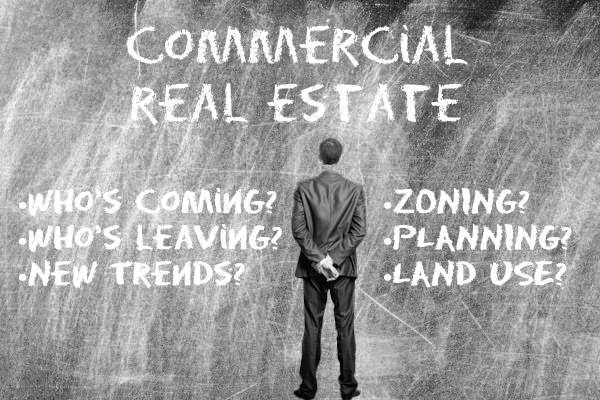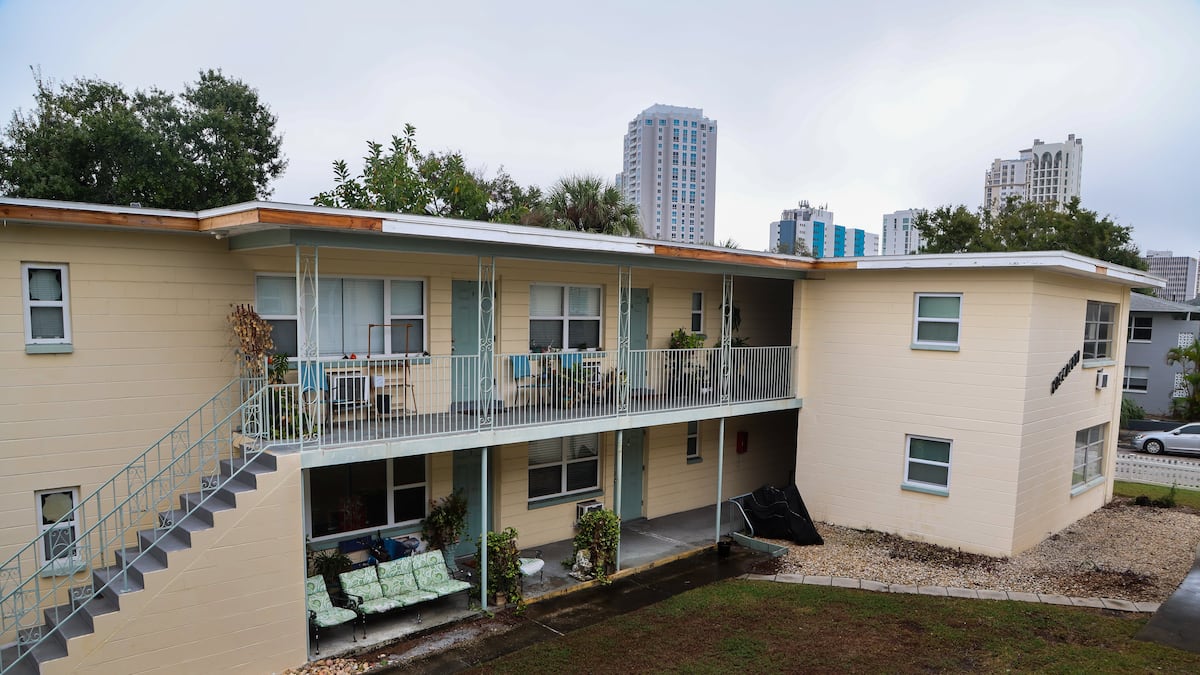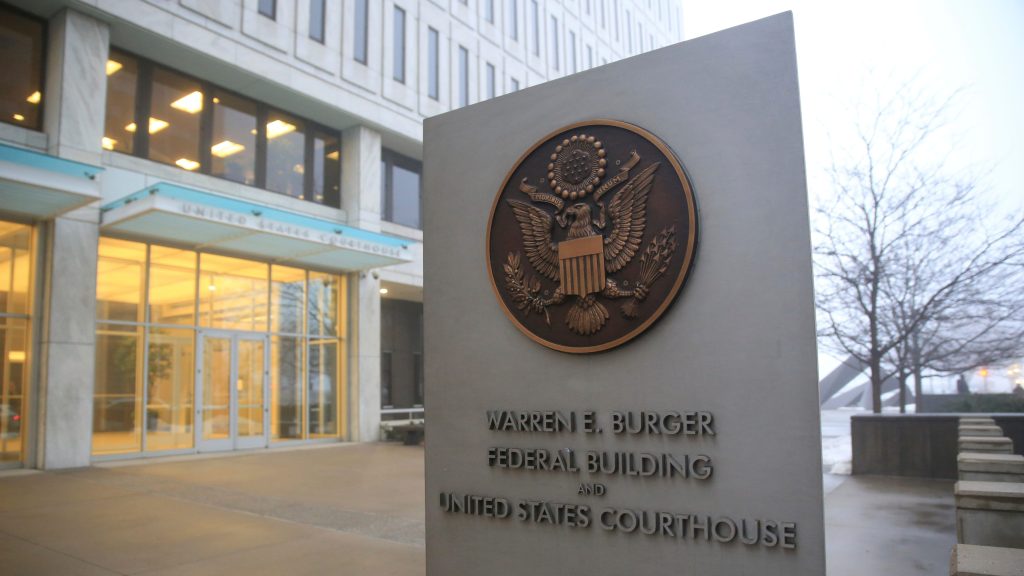A
Perfect Storm of Uncertainty Threatens Investor Confidence and Market Momentum
By Paul Adler
The real estate market thrives on confidence, which is built on stability. For decades, New York City and its surrounding suburbs have been among the most resilient markets in the country. However, this resilience is being tested by unprecedented disruptions.
Today's real estate landscape is shaped by macroeconomic, geopolitical, cultural, and existential forces. Volatility comes from all sides: unstable elections, unpredictable monetary policy, rising tariffs, policy gridlock, shifting global alliances, and ongoing wars. These pressures combine with domestic transformations like the work-from-home revolution and changing educational infrastructure, creating a cocktail of uncertainty that stifles investor confidence.
Real estate does not thrive in uncertainty; it requires predictability. Buyers want to know what the future holds for taxes, schools, infrastructure, interest rates, and public safety. Developers need to anticipate demand and rely on consistent government processes. Lenders want to see risk minimized, not amplified by an erratic global stage.
The New York metropolitan area is particularly vulnerable to these trends. The City's commercial office market remains in limbo as hybrid and remote work models persist, with leasing velocity slowing and Class B and C office properties struggling to remain viable. Suburban markets like Rockland are experiencing both opportunity and pressure, with local infrastructure, schools, and housing stock under strain.
Navigating this tension requires a coordinated regional approach informed by stability and vision. However, the playing field keeps shifting due to major geopolitical events, sending tremors through the real estate market and causing investors to hold back. State and municipal governments face challenges making long-term investments in an environment that feels increasingly short-term.
The post-COVID era has brought paradigm shifts, altering the traditional commercial landscape and reimagining schools, universities, mass transit, and consumer expectations. Amidst this backdrop, stability is more urgent than ever. We must demand predictability from our elected officials, call on regional leaders to work collaboratively, and ask institutional players to reinvest in our communities.
The road to real estate recovery is paved with structure, clarity, and long-term thinking. We need a climate where families feel secure to put down roots, businesses feel confident to invest, and communities feel empowered to grow. Stability is not a luxury; it's a necessity, particularly in New York, where the stakes are always higher.















